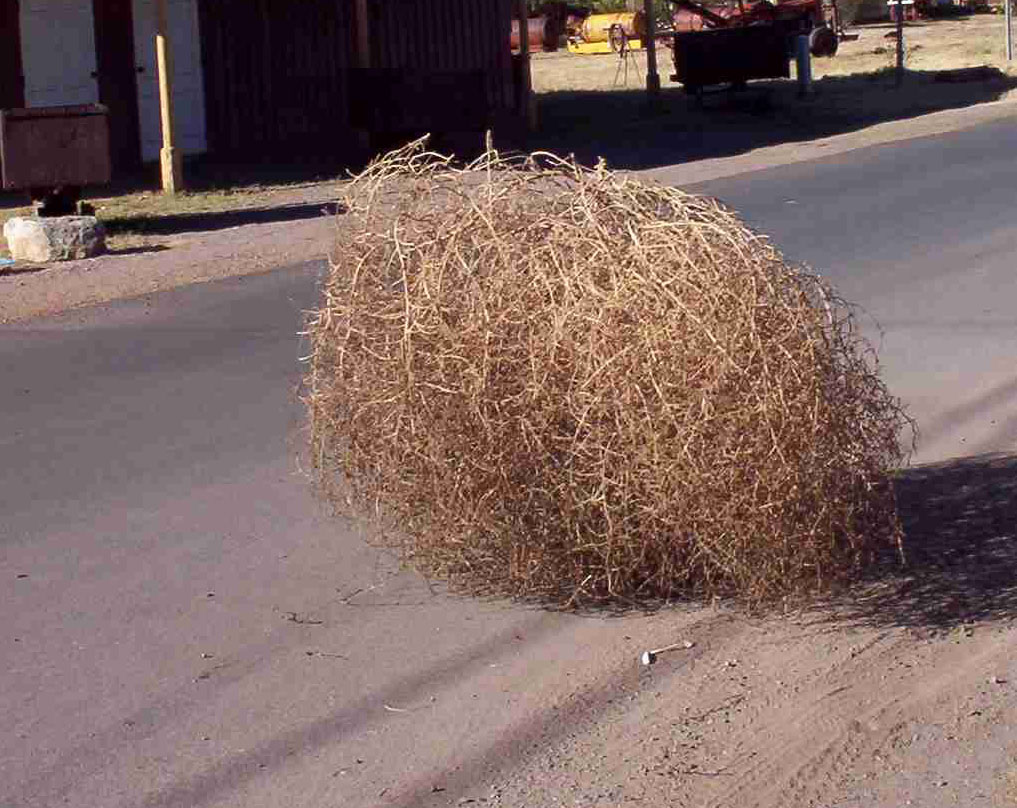
I would like to excuse, in advance, my ranting in this post. As you may well know, I am a teacher working at primary school level, currently teaching year 6 - the last year of primary school.
I love teaching children, but I especially love teaching this year group: there is a real feeling of adventure and journeying about the last year of primary school. There is one formative experience after another - residential trips, leavers' events, SATs - and you know that the children in your care will remember these experiences for a long time to come. However, the major issue in year 6, and in education generally, is that of assessment and how to measure the attainment and progress of children during their primary phase of education.
I have already
blogged on my feelings about SATs tests. As I said then, I am in favour of using testing to gauge the level of a child's development in English and maths. Many people believe that the tests cause too much stress for children and teachers alike and that the results are not dependable due to the 'snapshot' nature of a written test; a child could be having an off day or underperform due to some other external factor. Also, it is argued that because many year 6 children spend most of the year in revision for the tests and learning how to perform to the maximum level for them, the curriculum is irredeemably narrowed and subjects such as geography, history and the like get squeezed out.
Whilst I have some sympathy for this last point, I have no time whatsoever for the first one. I went through my views on avoiding stress at all costs in my last post on SATs, and I'll do my best to avoid repeating myself here. It does seem strange to me that we feel the need to avoid any kind of difficult experience for children. Surely we should be teaching children to cope with stress and pressure in a positive way, not avoiding it. Negative emotion is almost taboo in schools: anger, sadness, anxiety are all to be avoided at all costs. Yet I believe that children should absolutely be encouraged to face up to these emotions and learn to accept and cope with them, even turn them into positive things. At the moment, the need to protect children from these things means that some children may never truly understand what it means to be stressed, to cope with the emotion and then overcome it. How will they function when they enter the grown up world of work, relationships and families without some experience of these emotions? Coping with testing in a controlled environments like school is valuable not only for the data it provides teachers and education authorities, but also for the life lessons that can be learned during the process: keeping a perspective on things, setting realistic targets, dealing with pressure etc.
As for a narrowing of the curriculum, I believe that this is not necessarily the case if the teacher is prepared and allowed to be daring and creative in their teaching. In fact, I think that year 6 offers more opportunities to broaden the curriculum than most other years, especially in the last term of the year when the tests are out of the way. Since the tests we have undertaken many projects that broaden the curriculum massively: entrepreneurial projects using real cash to set up businesses; a survey of the ecosystem of the school grounds and a plan to improve the diversity of plant and animal life; studies of London including a trip to the Natural History Museum and various other sights; a week long residential trip to Dartmoor getting involved with a plethora of outdoor sports; putting on a leavers' show with all the dramatic, musical and technical skills required to do so. I'm not entirely sure how those experiences represent a narrowing of a curriculum after they have spent most of the year honing and polishing the most important skills needed for life: literacy and numeracy.
So, yes, I do think SATs are important and that they should stay. I just think that schools and teachers should work harder and be more creative in how they approach them. However, the next big thing in assessment, the much vaunted replacement to SATs is called Assessing Pupil Progress, or APP as educational jargon would put it.
APP is a way of tracking a child's progress in English, maths and, in the future, science and perhaps ICT. Each child has a bank of charts and tables that follows them through school that the teacher uses to highlight specific targets as they are achieved, declaring when they were met and where the evidence can be found for the event. It kind of makes sense - assessment is continuous and fluid rather than a snapshot - until you think about what such a system really entails. The paperwork is hideous: I have not heard a teacher say anything other than that the work involved in keeping up is truly horrendous and that it significantly extends the hours a teacher invests into assessment at the expense of other areas of their job. It is cumbersome and, I am guessing, pretty inflexible. If a target is on the sheet, I have to show that a child has met it and then give evidence for that fact over multiple occasions. So, for example, if I am working with some naturally talented mathematicians, I cannot simply have a conversation with them to ascertain whether they can use, say, short division adequately and then move on to other areas they are more in need of covering; I will now have to make sure that there are several examples of short division in their books to prove their competence in using it. This is proper bureaucracy: needless paper trails that are utterly rigid and have no reflection on the needs of the real world and bypass any kind of common sense decision from the teacher.
APP seems to me to be a step backwards from SATs: it seems even less creative, even less flexible and teachers' instincts and opinions are even more marginalised in the face of cold, hard and evidenced bureaucratic 'facts'.
The problem is not the tests. The problem is the league tables that are published and put pressure on schools to 'play the game' and get to certain targets. APP won't change that fact - there will still be league tables - it will merely mean that teachers will have to play a different game: a game that will involve huge amounts of needless work to do something that already happens anyway. I think that lots of teachers will go off sick in the face of APP (I'm only half joking here...) and that, as a profession, we will merely get better at 'creating' evidence and cutting corners to keep the authorities - authorities that seem to know little about the every day lives of teachers and pupils in schools - from the door while we go about trying to make school a valuable experience for it's students.
No one has asked me about APP. At no point have my local authority asked our opinion. No politicians seem to have consulted me or anyone I know in education. It's just happening, whether we like it or not. It's not yet statutory, but we'll be starting in September regardless because that's what the authorities want. I'll give it seven years before it's scrapped and we try an entirely new approach. The whole thing feels
political somehow, especially since the SATs marking fiasco of last year put the tests in the centre of a politcal battleground.
I just hope that they get the
next system right. Maybe we'll just go back to old fashioned tests and try to train talented teachers that know how to do their job again...
 I think that there are some jobs that if you actively want to do them, you probably shouldn't be allowed to do.
I think that there are some jobs that if you actively want to do them, you probably shouldn't be allowed to do.



